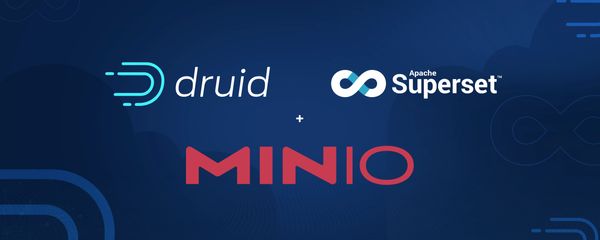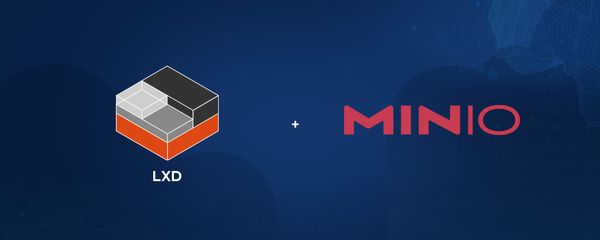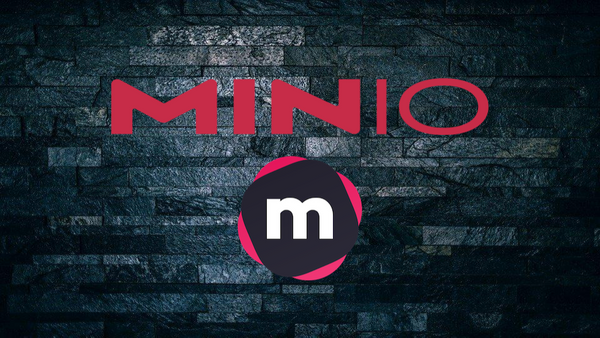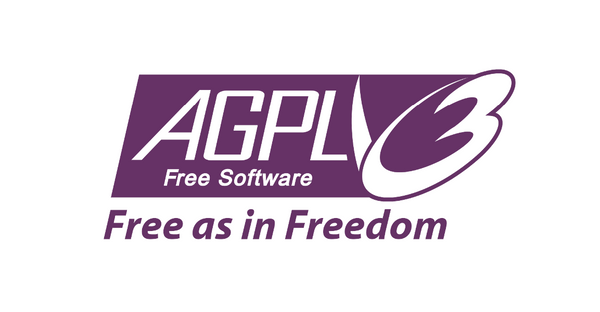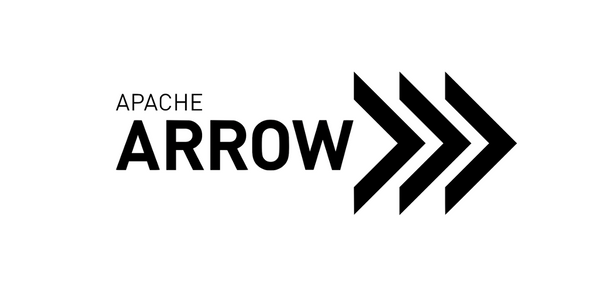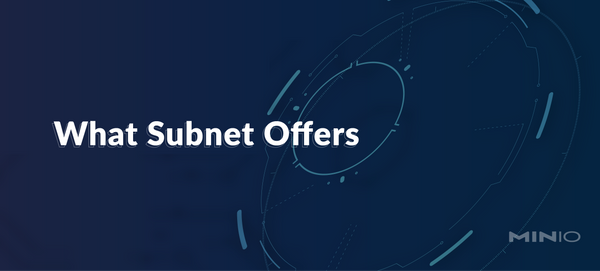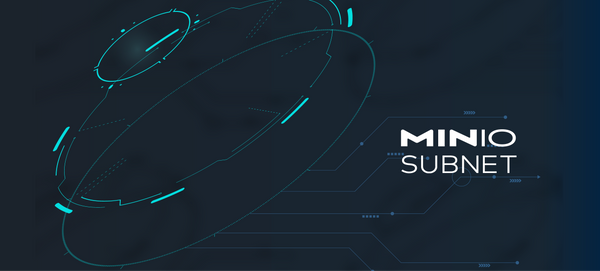Nutanix Objects Violates MinIO’s Open Source License
MinIO is the creator of MinIO Object Storage, an open source object storage platform. We strongly believe in keeping our software open source - the best quality software is made with community collaboration, so people are free to innovate and improve. Open source licenses are essential to ensuring people know where their software comes from, and can keep it secure
Read more